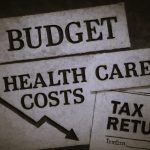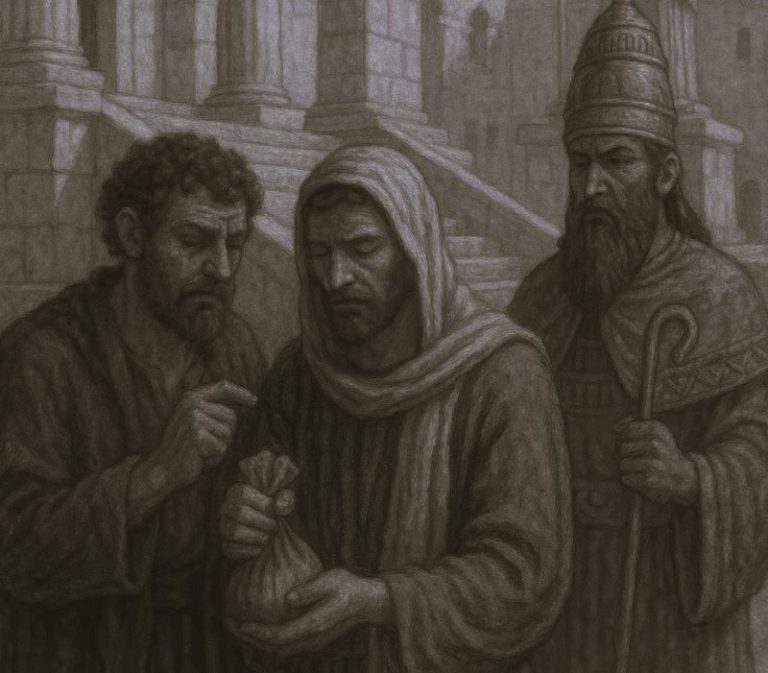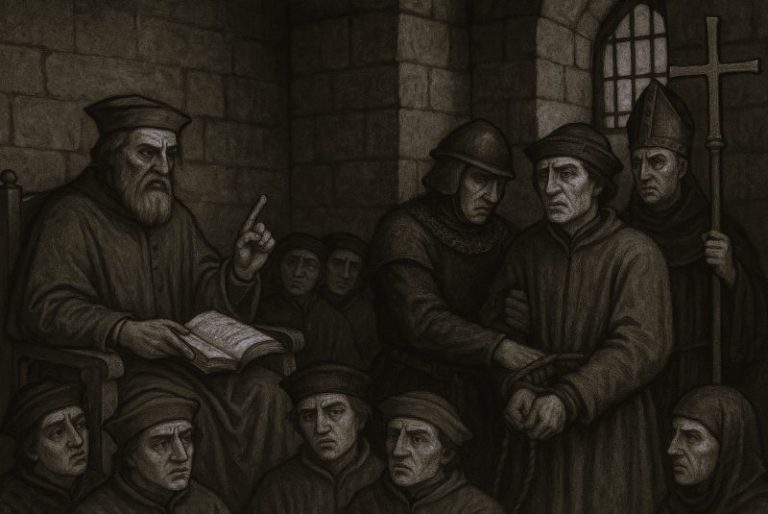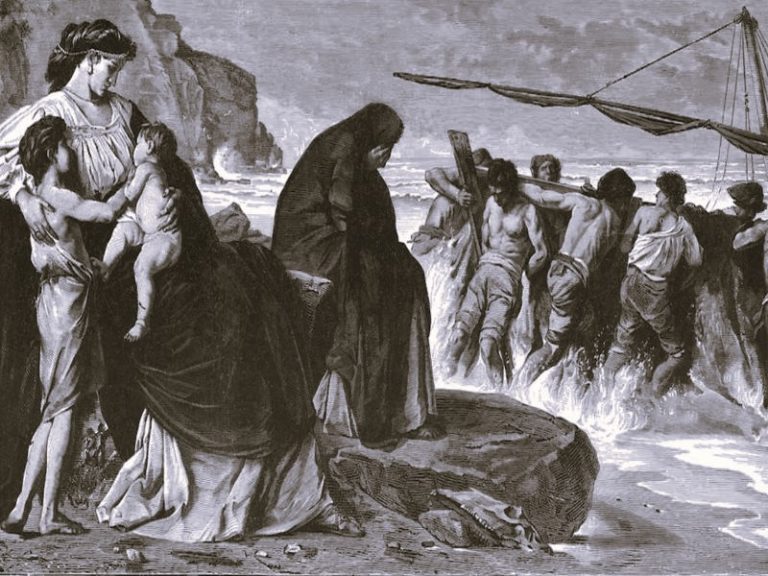

By Chrissy Stroop
On Friday, August 7, the Department of Homeland Security announced to state and local authorities that an uptick in violent online chatter about the Big Lie of “election fraud” might lead to more anti-democratic street violence like what the United States experienced on January 6. As if on cue, violent clashes between white supremacists and Christian nationalists on one side, and anti-fascist protestors on the other, broke out that very day and the day following here in my adopted hometown of Portland, Oregon.
Proud Boys with weapons in downtown Portland’s waterfront park today pic.twitter.com/WMHajS110m
— Zane Sparling (@PDXzane) August 7, 2021
Downtown Portland: Far-right extremists groups and anti-fascists battled on the streets off for over an hour.
— Sergio Olmos (@MrOlmos) August 9, 2021
There were beatings, mace, and improvised firework explosives.
No police response. pic.twitter.com/w4mWMp3hyW
Per CNN’s reporting, Mike Lindell, the buffoonish Trump loyalist and MyPillow CEO who credits God for freeing him from his addiction to crack cocaine, is a key influence behind the current buzz around election conspiracy theories. Indeed, because of his popularity and reach, Lindell’s baseless claims are causing problems for local election officials who are compelled to field calls from angry right-wing voters demanding that something be done about non-existent fraud. Indeed, according to a recent Reuters/Ipsos poll, 60% of Republicans believe that President Joe Biden was not legitimately elected.
Meanwhile, here on RD, Katherine Stewart, author of The Power Worshippers: Inside the Dangerous Rise of Religious Nationalism, concluded the following about the GOP from her on-the-ground observation of the Faith & Freedom Coalition’s annual Road to Majority convention: “This party—or at least the hard rock of its base represented in this gathering—is moving toward, not away from Trumpism.” At the convention, speakers including Eric Metaxas, Ralph Reed, and Dinesh D’Souza all called for Republicans to defend the “good guys” of January 6, by which they meant the violent insurgents who tried to overthrow a legitimate election.
That these authoritarian sentiments are closely tied to conservative evangelicalism and Christian nationalism is further corroborated by recently released data on religious affiliation and Covid vaccine refusal, as well as a poll showing that frequent church attendance indicates a higher likelihood of favorability toward QAnon conspiracy theories.
READ ENTIRE ARTICLE AT RELIGION DISPATCHES







